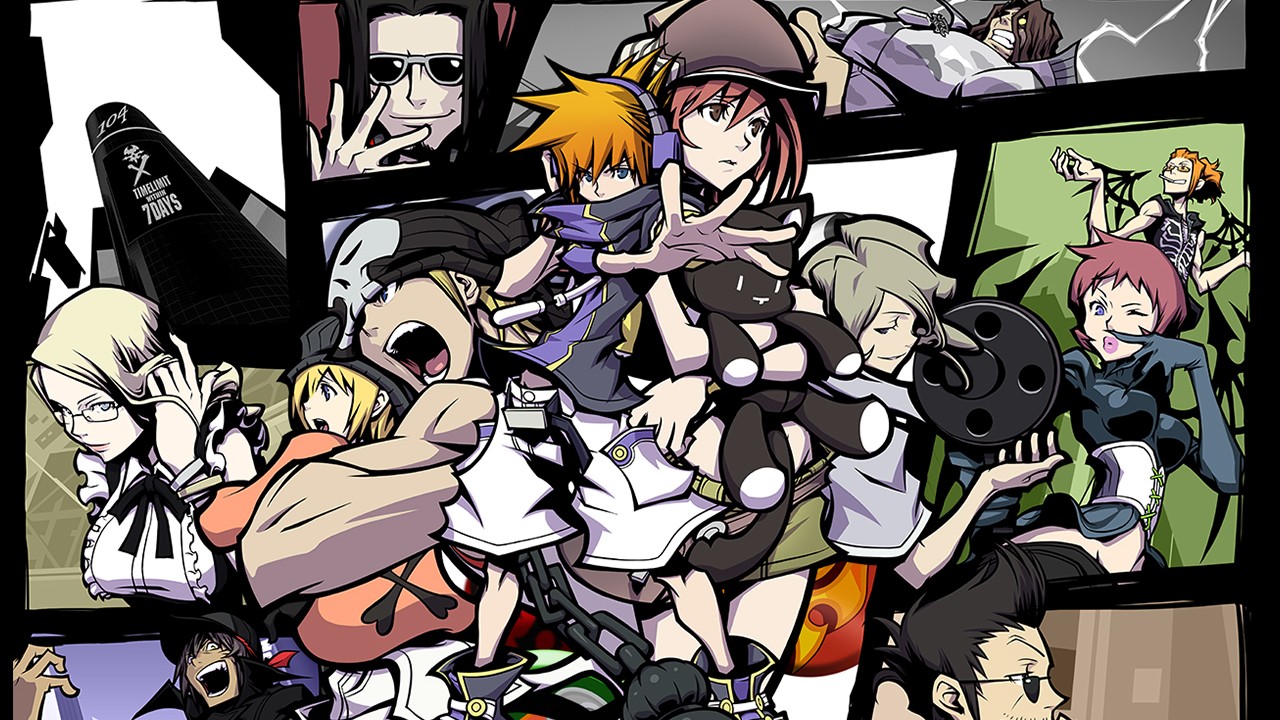The debate’s been raging forever. You know the one: Mobile games are considered casual titles, because they appeal to a wider audience of individuals who don’t own consoles. They’re meant to be played in parts rather than sessions, lack icons of their own, or any number of excuses to justify why so-called “hardcore” games are better than them.
Rather than going on a debate, and writing word after exasperated word, it all boils down to questions. In light of these, how can casual games be called “meh, casual” while hardcore games remain their holy tag of awesomeness? How can we be told, as console gamers, to “respect” mobile gaming when putting it aside into it’s own category is discriminating enough already (yep, I’m playing the race card here)? And just who’s casual and hardcore in the first place?
Here are the questions in…er, question:

1. Are casual games “casual” because they reach a larger audience, or because there are more of them in a year than “AAA” releases? Is distribution and ease of access a better defining factor than unit sales and long development cycles?
2. What’s the distinction between today’s “causal” games and the old-school puzzlers and platforms? Many of them, like their console brethren, feature the same mechanics and far better graphics – but do we consider the first Legend of Zelda casual? Is Tetris casual? Almost every so-called casual gamer has played Mario in some form or the other. Does that make it a “casual” platformer?
3. A number of “hardcore” franchises have found new life on the mobile. Might and Magic: Clash of Heroes and The World Ends With You: Solo Remix are two such titles. Does optimizing these titles for the mobile gaming platform suddenly make them casual? Or are they just hardcore titles on a casual platform – which leads to the next question…

4. Is mobile gaming “casual” simply because of the people who play it? How is some one who enjoys Call of Duty more “hardcore” than some one who plays an RPG hack-and-slash like Infinity Blade 2 and Bastion or tower defense like Anomaly: Warzone Earth and Plants vs Zombies?
5. Is it the games or the audience that defines whether a console is hardcore? Does the sheer number of people partaking in a particular game make it more “casual” or simply more popular? Take the example of other media: Is Terminator 2 considered non-serious cinema despite being one of the most commercially successful action films of all time? Is Fight Club meant for readers of all ages, despite it’s iconic status among novels?
6. How are handheld games not considered “casual”? Despite packing more power and featuring classic titles like Ocarina of Time and newer, more faithful renditions of series’ mechanics like Killzone: Mercenary, they essentially have a wider reach than consoles. This ties into the Question 3: If it’s optimized for that platform, even significantly changed, does that make it any less hardcore than it’s predecessor or bigger brothers?

7. Are console games more “hardcore” because of their length and content? Because they can hold larger amounts of content, with cutscenes and plot and side-missions? Because they feature more complex controls and inventory systems? They can be considered what I like to call, “playable” and “unplayable” considering how well they execute the above.
8. Where exactly does indie gaming fit into the “casual” vs “hardcore” debate? Are they less hardcore because they have smaller budgets, or more casual because they have smaller budgets? Is Dust: An Elysian Tail hardcore because of it’s mechanics or casual because of it’s overall length and layout? Is Super Meat Boy hardcore because of it’s difficulty or casual because of it’s simplicity?
9. If this wasn’t clear before, I’ll state it again: If you think playing Assassin’s Creed or Call of Duty each year makes you “hardcore”, smack yourself. People who watch a new Saw or Paranormal Activity don’t call themselves “hardcore” horror movie fans either.
10. What is the point of all these questions? For this one we have an answer: The debate is bunk. Distinguishing between games on the basis of their platform is quickly becoming ridiculous. The increasing power of tablets and smartphones, bringing bigger titles to the platform, has nothing to do with it. Putting a set of factors deciding who’s more dedicated to video games doesn’t work, for the simple reason that everyone, everywhere is playing a game of some sort. Some one might be better at Fruit Ninja than you – does that make them more “hardcore” or the game more “casual”?
The logical conclusion is to remember that games are meant to be fun, and that graphics, development platform and scale aren’t the best yardsticks for deciding a game’s fun factor. If nothing else, the advent of gaming across several new platforms and markets shows that just about anyone can be a gamer, regardless of whatever tag makes the most sense.













